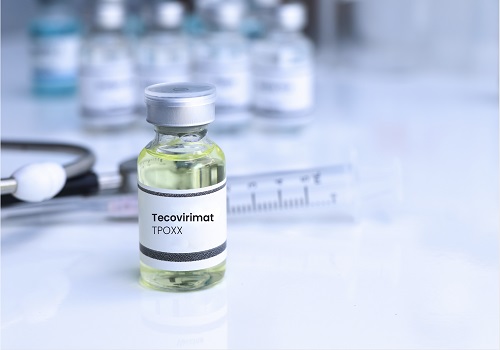
Mpox specific treatment in the form of Tecovirimat (also known as TPOXX or ST-246) for those experiencing severe health complications as a result contracting Mpox disease, previously known as Monkeypox, is now available.
This was announced by the National Department of Health (NDoH) as the country now has a total 13 laboratory-confirmed cases, with five (5) in the Gauteng province. The 5 cases comprise of three (3) in Johannesburg, one (1) in Tshwane and another one (1) in Ekurhuleni.
Mpox is an infectious disease caused by the monkeypox virus. It can be transmitted to a person upon contact with the virus from an animal, human, or materials contaminated with the virus. It can cause a painful rash, enlarged lymph nodes, and a fever. Although most people fully recover, some get very sick and can lead to fatalities if not treated.
While Tecovirimat is used for those with severe health complications, those with mild cases will continue to be managed with supportive treatment used to manage complications like fever, pneumonia and skin infections. It is also important to note that most people recover in a few weeks after being infected, and after diagnosis, individuals should isolate and avoid close contact with others for at least 21 days or until full recovery.
Spokesperson for the NDoH, Foster Mohale urged individuals, regardless of gender, age, sexual orientation, with suspected Mpox symptoms or who had physical contact with known cases to present themselves at the healthcare facility for clinical evaluation because anyone can contract this preventable and treatable disease.
“Hand hygiene is one of the effective ways to protect people from getting sick and prevent transmission of the diseases, hence people are reminded to always wash hands with soap and water, or use an alcohol-based hand sanitizer, especially before eating or touching your face and after you use the bathroom.
“The process to secure more treatment including vaccine is underway in case the need arises,” explains Mohale.
Some of the common symptoms of Mpox include a rash which may last for 2–4 weeks, fever, headache, muscle aches, back pain, low energy, and swollen glands (lymph nodes). The painful rash looks like blisters or sores, and can affect the face, palms of the hands, soles of the feet, groin, etc.
Other provinces that make up the 13 laboratory-confirmed Mpox cases include KwaZulu-Natal with seven (7) and Western Cape with one (1).
SOURCED FROM THE GPG WEBSITE.

